//A 90’s researcher from local think tank: it's time for Hong Kong to conduct people’s diplomacy. What do you think? //
In a noteworthy address to U.S. business leaders during a Welcome Dinner hosted by Friendly Organizations in the United States on November 15, 2023, President Xi Jinping underscored a pivotal message: "The hope of the China-U.S. relationship lies in the people." Despite progress made after the bilateral meeting between President Xi and President Biden, lingering misinterpretations of China persist within the U.S. government, with commitments from American officials yet to be fully realized.
Navigating through the complexities of official diplomatic channels fraught with challenges, the emphasis now shifts towards public diplomacy as a promising avenue to bolster bilateral ties, with Hong Kong emerging as a strategic locale to spearhead this approach.
Back in 2017, the U.S. government designated China as a "strategic competitor," deploying its influence to contain China through economic and diplomatic manoeuvres. Despite overtures from China and the voiced concerns of American business entities, the U.S. administration has often wielded the national security card without much restraint.
In this milieu, U.S. business leaders were invited to visit China, engaging in dialogues with Chinese officials to recalibrate diplomatic strategies towards a citizen-centric approach while simultaneously pursuing formal channels for advancement. President Xi's reiterated stance on the paramount role of people in fortifying Sino-U.S. relations resonated powerfully during these interactions.
Public diplomacy emerges as a potent tool to kindle hope among the people. As per the insights of Malone, a distinguished scholar in the realm of public diplomacy, this strategy entails communicating directly with foreign individuals to influence their thoughts and ultimately, those of their governments’. To ensure credibility and efficacy, experts advocate for a degree of autonomy in public diplomacy initiatives to avert suspicions of state propaganda infiltration.
Hong Kong's media landscape, operating under the "One Country, Two Systems" framework, stands poised to spearhead impactful public diplomacy endeavours. Distinguished by a multitude of privately owned media outlets, Hong Kong can narrate its story independently, heightening the prospects of successful information dissemination through public diplomacy campaigns.
While the hegemony of traditional Western media in shaping global narratives has waned, their enduring influence underscores the imperative for Hong Kong to bolster its engagement with foreign public opinion. Establishing English-language news platforms catering to international interests in finance, governance, and lifestyle can furnish a nuanced portrayal of Hong Kong while attracting foreign investments and talents.
Nonetheless, the reach of Hong Kong's media outlets beyond its borders remains limited. Expanding their reach will take time. Drawing from the insights of scholars Pinkerton and Benwell, who delved into the Falkland Islands sovereignty dispute, the efficacy of leveraging international influencers to craft bespoke content on Hong Kong for global dissemination emerges as a compelling strategy. By enlisting influencers from key regions and neutral nations, Hong Kong stands to sway perceptions to their robust audience networks effectively, resonating with target audiences and potentially influencing governmental policies in the long run.
請Follow我們的YouTube頻道:https://bit.ly/2kgU8qg
下載我們的手機應用程式,收看第一手精彩內容:https://www.speakout.hk/app






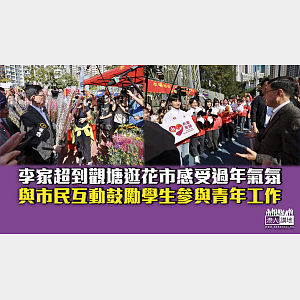

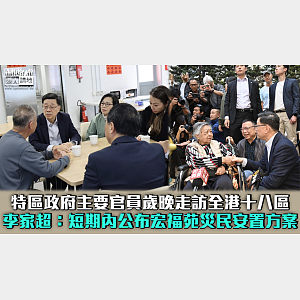
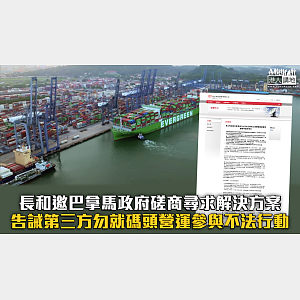
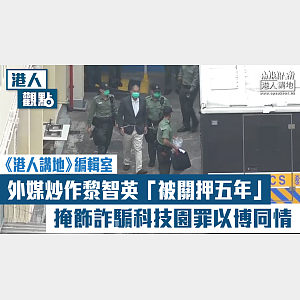
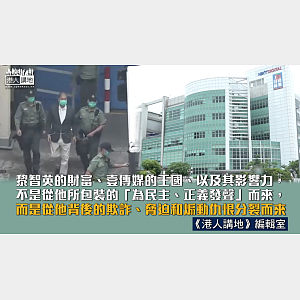

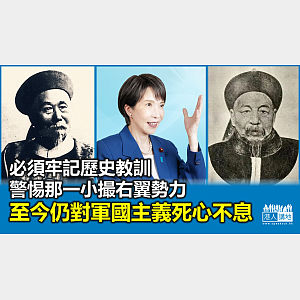




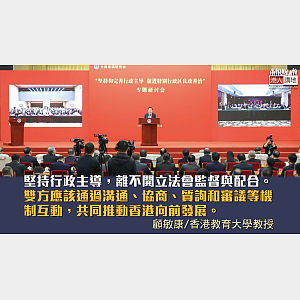
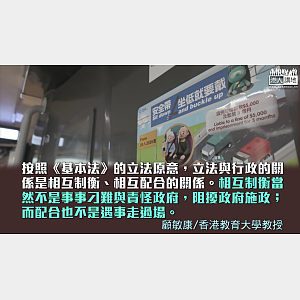


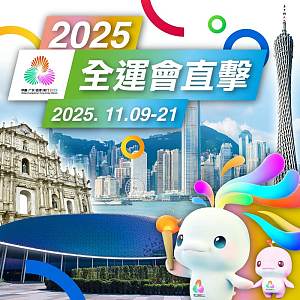









評論